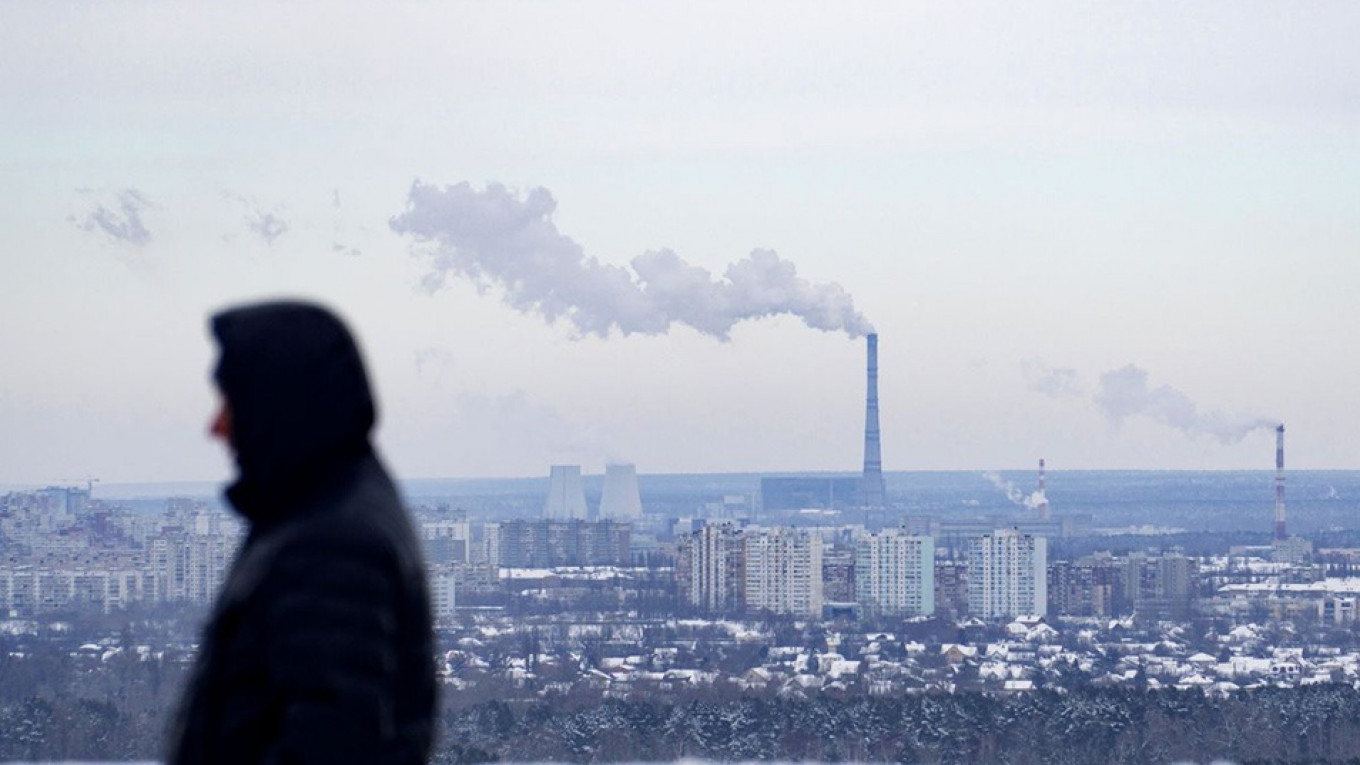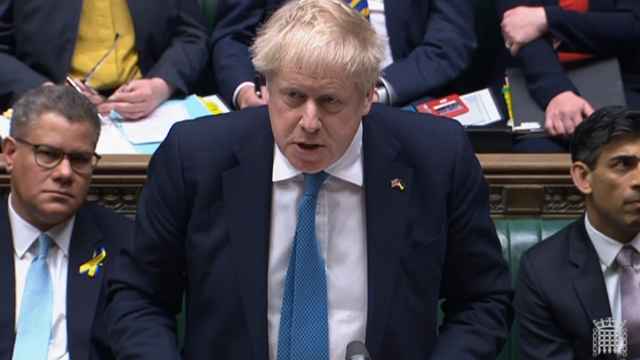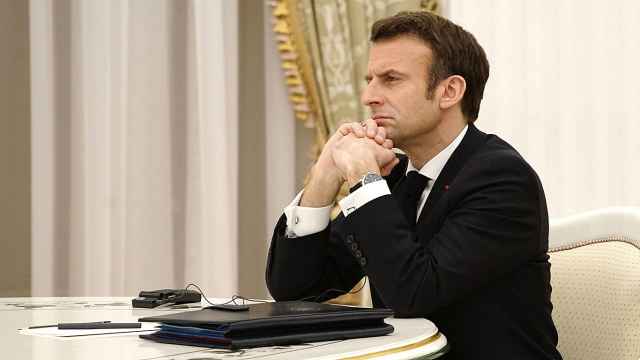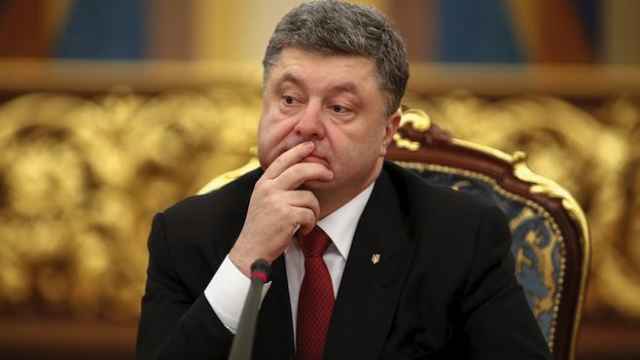While the war in Ukraine’s east continues to rage four years on, the battle between Russia and Ukraine is returning to the calm and order of a London courtroom.
There, British judges, unwilling to play diplomat, are this week set to rule on an appeal by Ukraine that it must repay part of a $3 billion bond in default. The Court of Appeal will rule on the case after Russia won an early verdict last spring in a lower court.
The dispute “has multiple venues, and courtrooms are one of them," said Orysia Lutsevych, a research fellow at the Chatham House thinktank in London.
The earlier loss was a setback for Ukraine, which has argued that the bond, sold on the eve of a revolution in Kiev in 2014, was part of unlawful political, economic and military aggression from Moscow. Lawyers for Russia have argued that English courts should hear the case as a straight-forward default, without taking politics into consideration.
Ukraine has been chronically short of cash since the conflict began in 2014. The nation needed an international bailout following the annexation of the Crimean region and Russian-backed revolt in the east. Ukraine has more than $1.1 billion in obligations due by the end of the year.
Russia refused to take part in a $15 billion debt restructuring that Ukraine reached with foreign bondholders including Franklin Templeton in 2015. It filed the London lawsuit to force Ukraine to repay the defaulted $3 billion bond, plus nearly $700,000 in interest for every additional day of default.
'Deeply troubling'
A High Court judge threw out all of Ukraine’s argument in March 2017, saying he needed to distinguish between the law and the “deeply troubling” political background. Judge William Blair ruled the case shouldn’t go to full trial, saying the court couldn’t adjudicate on a matter of international law.
Ukraine has sought to keep transfers from its $17.5 billion rescue loan coming and is currently hosting a visit from International Monetary Fund officials. A court defeat for Ukraine requiring repayment would give opponents of President Petro Poroshenko “an extra argument” against him, ahead of elections next year, Chatham House’s Lutsevych said.
Even as it dismissed the main Ukrainian claim, the lower court accepted the country’s fundamental arguments.
“The background is extraordinary, it is not credible to describe this as an ‘ordinary debt claim,”’ Blair said at the time.
Continued fighting
The conflict in Ukraine is continuing for a fourth year. Last month, Alexander Zakharchenko, head of the Donetsk People’s Republic, was killed by a bomb in a cafe in central Donetsk. He was the most senior official of the two breakaway republics formed with Russian support after the annexation of Crimea from Ukraine in 2014.
Mark Weidemaier, a law professor at the University of North Carolina, said any settlement would likely focus on wider economic issues between the countries and companies based there, citing other disputes with Russia including claims by NJSC Naftogaz of Ukraine.
The case has some distance to go, with a potential appeal of the upcoming judgment to the U.K.’s Supreme Court among the options.
"Whatever happens here, Ukraine writing a check for $3 billion? That is not going to happen any time soon," Weidemaier said. "I kind of view this as we’re not past the middle."
A Message from The Moscow Times:
Dear readers,
We are facing unprecedented challenges. Russia's Prosecutor General's Office has designated The Moscow Times as an "undesirable" organization, criminalizing our work and putting our staff at risk of prosecution. This follows our earlier unjust labeling as a "foreign agent."
These actions are direct attempts to silence independent journalism in Russia. The authorities claim our work "discredits the decisions of the Russian leadership." We see things differently: we strive to provide accurate, unbiased reporting on Russia.
We, the journalists of The Moscow Times, refuse to be silenced. But to continue our work, we need your help.
Your support, no matter how small, makes a world of difference. If you can, please support us monthly starting from just $2. It's quick to set up, and every contribution makes a significant impact.
By supporting The Moscow Times, you're defending open, independent journalism in the face of repression. Thank you for standing with us.
Remind me later.






